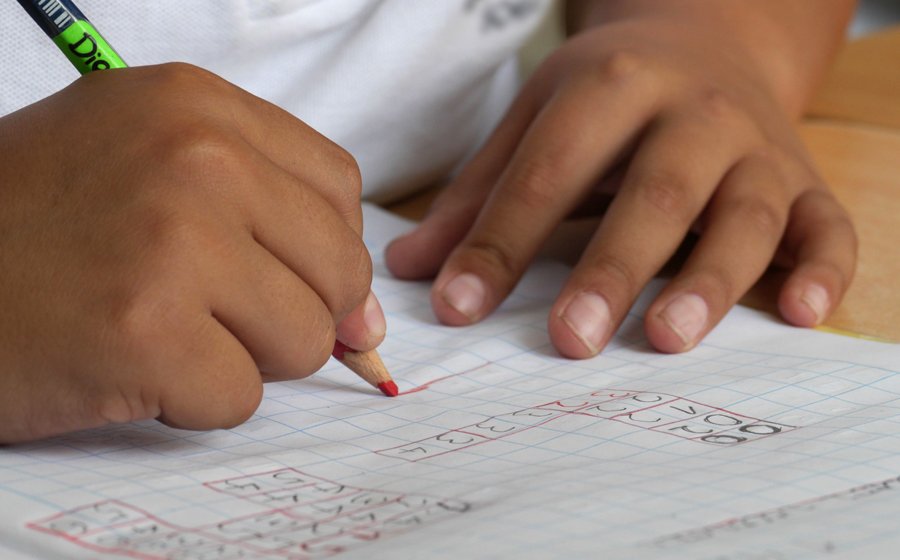
By Dr Sarah Benson, Programme Director, Inclusion and Special Educational Needs, Dubai Campus, University of Birmingham.
“In the Emirate of Dubai, 75% of schools are private and run with a wide variety of international curriculums. This makes each individual school very heterogeneous in terms of teaching, but more homogenous when considering socio-economic capacity, which in some schools provided different opportunities for flexibility and innovation.”
Incredibly, it was one year ago that the world was thrown into chaos as Covid-19 spread across the globe. The pandemic forced school systems across the world to shut down and education professionals scrambled to recreate school online. Through this myself, and my research partner, both lecturers in inclusion and special education needs, were concerned about students with disabilities being left out of online schooling.
Within Dubai, inclusion has been a driving force over the past three years since the passage of the Knowledge and Human Development Authority (KHDA) released the Inclusion Framework (2017). This framework provides the regulations private schools in the Emirate must abide by to ensure students with disabilities are included in schools. As school inspections continued virtually during the pandemic, schools were encouraged to continue making inclusion a foundational principle in their movement to online learning.
In the Emirate of Dubai, 75% of schools are private and run with a wide variety of international curriculums. This makes each individual school very heterogeneous in terms of teaching, but more homogenous when considering socio-economic capacity, which in some schools provided different opportunities for flexibility and innovation. In many ways, the power of technology has increased inclusive efforts even prior to the pandemic, with such things as audiobooks, closed-captioning, screen readers and predictive text. Dr. Alborno and I therefore wanted to understand how teachers in Dubai had adapted to online inclusive practises and if they felt supported. The teachers that we researched were all in private schools within the Dubai Emirate, the majority teaching either American or British curriculums.
Most respondents were teachers with considerable teaching experience, almost half (47%) had more than 10 years. This indicates that these are experienced and veteran teachers who in theory have strong inclusive practices built over many years in the classroom; but could also indicate less comfortable with newer education technology. In addition, a lot of research indicates younger teachers are more accepting of students with disabilities.
Impressively, the surveyed teachers reported an average of three and a half hours of synchronous teaching a day, in both large and small groups. This is in contrast to many public schools in the US and UK, where due to heterogeneity in socio-economic status across schools there is limited synchronous teaching due to equity concerns. Also encouraging was the participation of students with disabilities in these classes. Most teachers reported that they were included in full class activities as well as receiving small group opportunities.
Unfortunately, the research found little to no support for teachers in how to create inclusive environments online. The average was less than four hours and teachers have emphasised that no training was directly focused on inclusive pedagogy. Many of the teachers relied on colleagues to help them fill gaps in their knowledge or provide practical digital solutions. Despite the lack of formal training opportunities, many of the teachers responded positively that their practices were supporting inclusion, however others presented a slightly less positive outlook, and there is more doubt over their ability to provide adequate supports or accommodations, as well as the potential for students with disabilities to make adequate progress.
The best practitioners are those who continuously reflect on their teaching and critically address problems of practice. We hope that through our research we are providing teachers an opportunity to slow down and reflect on the amount they have endured and learned over the past year. And through their reflections we hope to empower more practitioners with knowledge; schools with more insight on how to better support their teachers; and universities with the knowledge they need to prepare future educators.
- Find out more about Dr Sarah Benson
- Find out more about The Dubai Campus, University of Birmingham
- Explore the Inclusion and Special Education Needs PGCert
- Back to Social Sciences Birmingham
